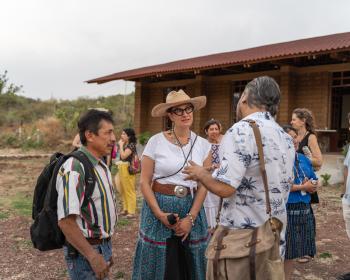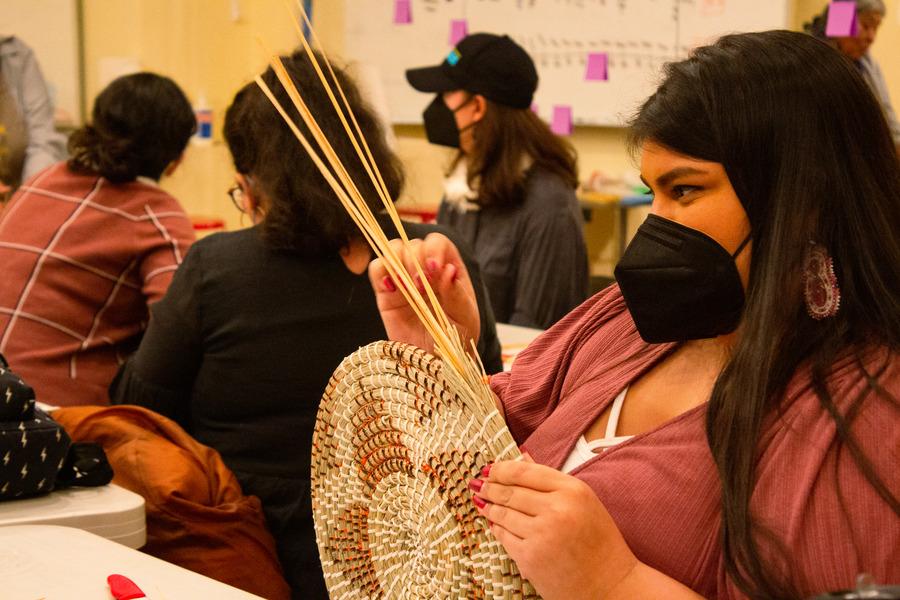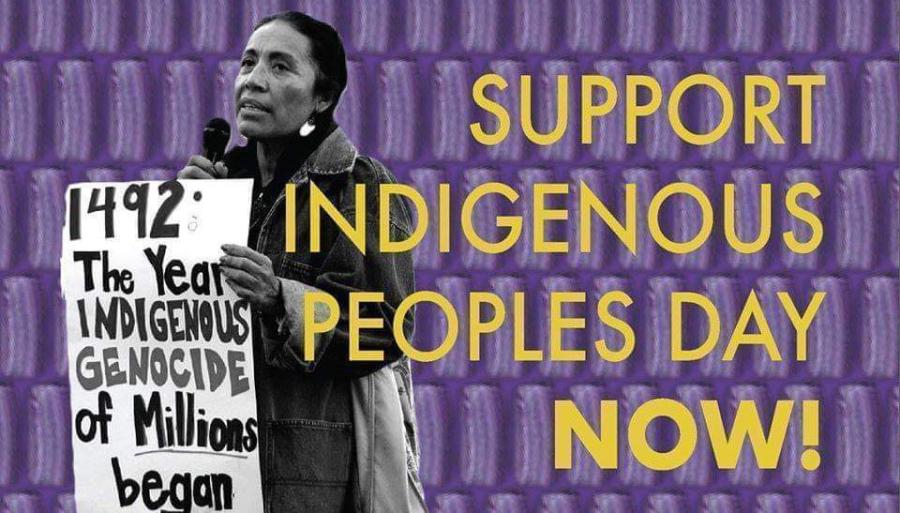On the last day of its 2003-2004 term, the United States Supreme ruled in Sosa v. Álvarez-Machain that foreign nationals can sue states or individuals in U.S. federal court for violations of human rights. Hailed as a victory by human rights advocates, the Supreme Court was clear that the Alien Tort Claims Act applies only to limited situations such as genocide, slavery, extra-judicial execution, or torture.
The court declined to comment on the legality of suits against corporations for similar offenses, noting that several such cases are now pending. One example is the Doe v. Unocal case. During Unocal's construction of a gas pipeline the company allegedly employed the Burmese army to remove local indigenous peoples, during which indigenous people were tortured, killed, or raped. These individuals are now attempting to use the ATS to hold Unocal responsible.
In a similar case, the Ogoni people of Nigeria are using the ATS to sue Shell Oil for human rights abuses, including murder, which were allegedly directed at individuals peacefully protesting the company's projects.
The Sosa v. Álvarez-Machain opinion discussed the historic roots of the ATS and its use to curb international crimes such as piracy. In order for a modern case to be brought under the ATS the activity must be as specifically defined and universally acknowledged as piracy was at the time of the ATS's enactment in 1789. For example, victims can sue for offenses of genocide or torture because these acts are universally recognized as "enemies of all mankind," in the same way pirates were in the 18th century.
In an interview with The New York Times, Paul Hoffman, who argued the case for Humberto Álvarez-Machain, explained, "These are core human rights claims. The court has accepted that international law evolves and that this law has contemporary meaning."
— Nicole Yukna



